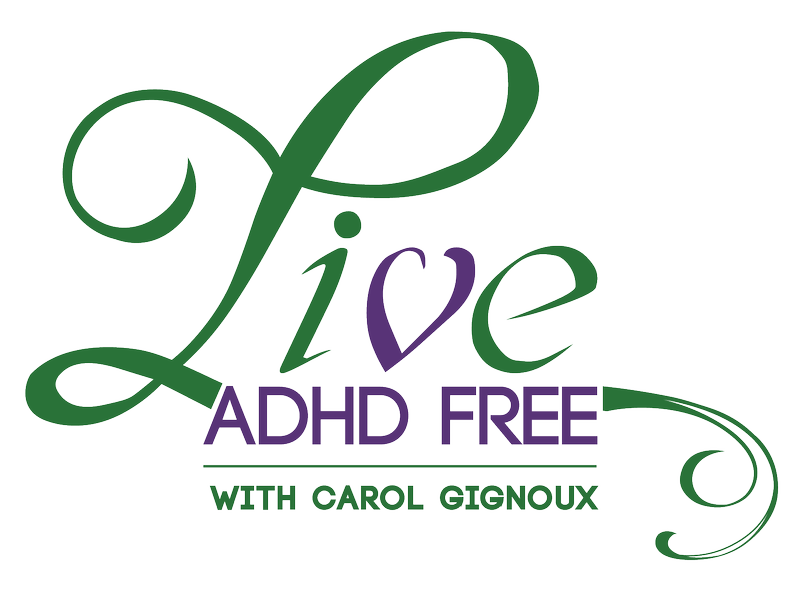Is there an ADHD diet? How much does food impact your ADHD? Can food replace your ADHD medicine? These are all hot topics in the ADHD community. While food can’t replace your medicine, it is a consideration in your treatment plan. Explore information on how to create the ideal ADHD diet.
Food Does Impact Your ADHD, Says Science
ADHD innovator brain types tend to run low on some nutrients that are essential to brain function: zinc, iron, magnesium, and B6. You may also be very sensitive to caffeine, sugar, preservatives, food coloring, and other chemicals added to processed food. Science has confirmed this hypotheses with much resource, including this one from Harvard.
Tweak What You Eat: It’s Worth It
Let’s be honest – besides being scientifically proven, these conclusions are also pretty common sense. Everyone knows the way their body feels when they eat a balanced meal versus when they binge on junk food. The point is, if you know you can perform better just by tweaking what you eat, it would be silly to let the opportunity pass you by.
So how do you apply this knowledge to your daily life? You adjust your diet. When changing your diet, there are three ways to do it: overall nutrition, supplementing and eliminating. WebMD has a good ADHD diet summary yo may find useful.
Balance, Supplement and Eliminate with the ADHD Diet
Basically, overall nutrition means eating the same but in better balance. Let’s say your two favorite breakfast foods are oatmeal or cheese danish. Instead of eating the danish five days a week and the oatmeal two days a week, switch it.
Supplementing means eating what you normally eat, but with specific additions. In this case, the additions would be foods naturally rich in zinc, iron, magnesium and B6 like beef, black beans, sunflower and sesame seeds, spinach, prunes, bananas and hummus made with lentils.
Finally, eliminating means taking your original diet and cutting things out. Good choices for ADHD’ers would be caffeinated soda and any snack foods that have unpronounceable chemicals listed as the main ingredients.
As always, talk to your physician and the other members of your treatment team before making any changes. Eating right could be just what you need for better focus and a lighter mood.

